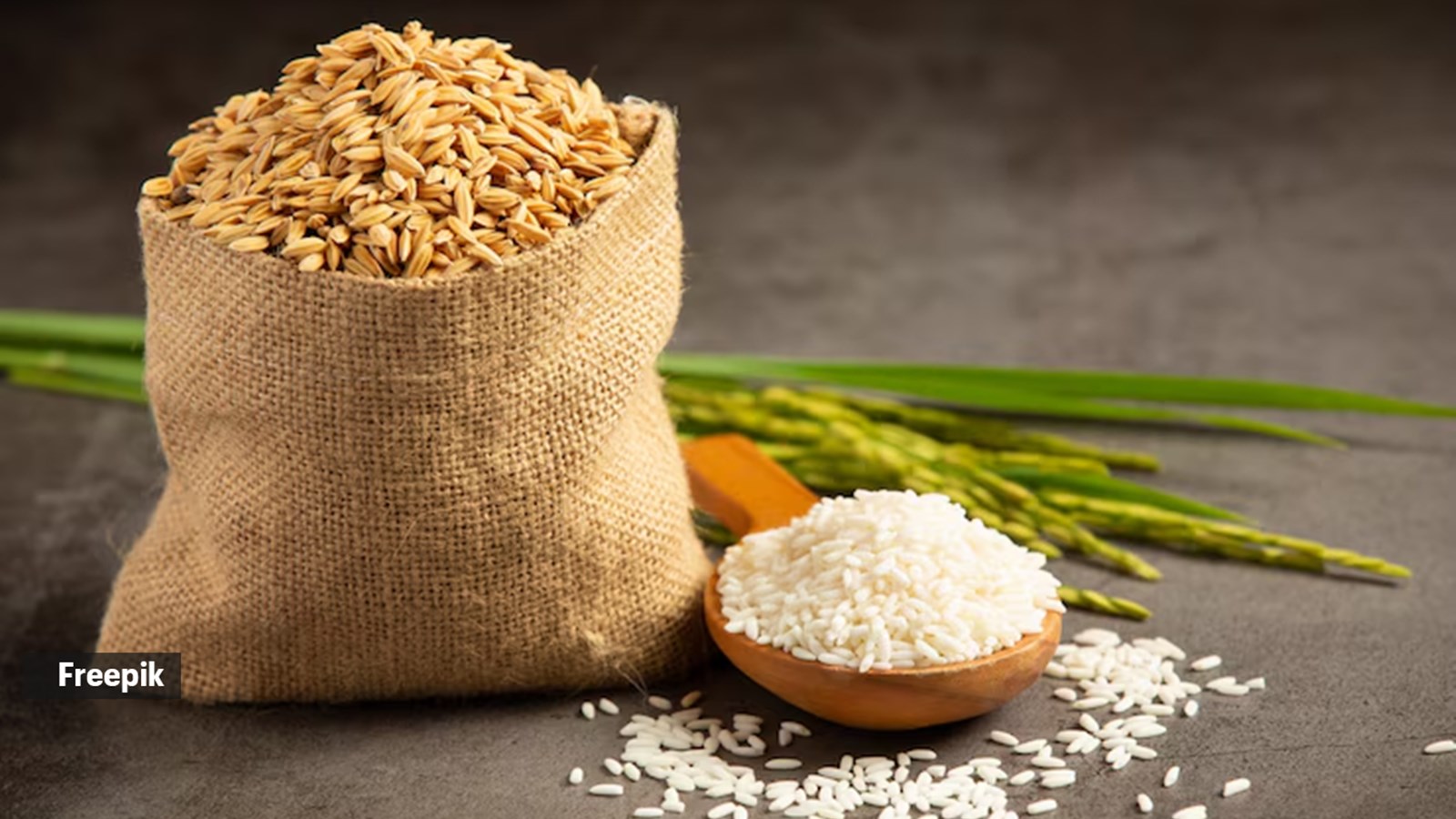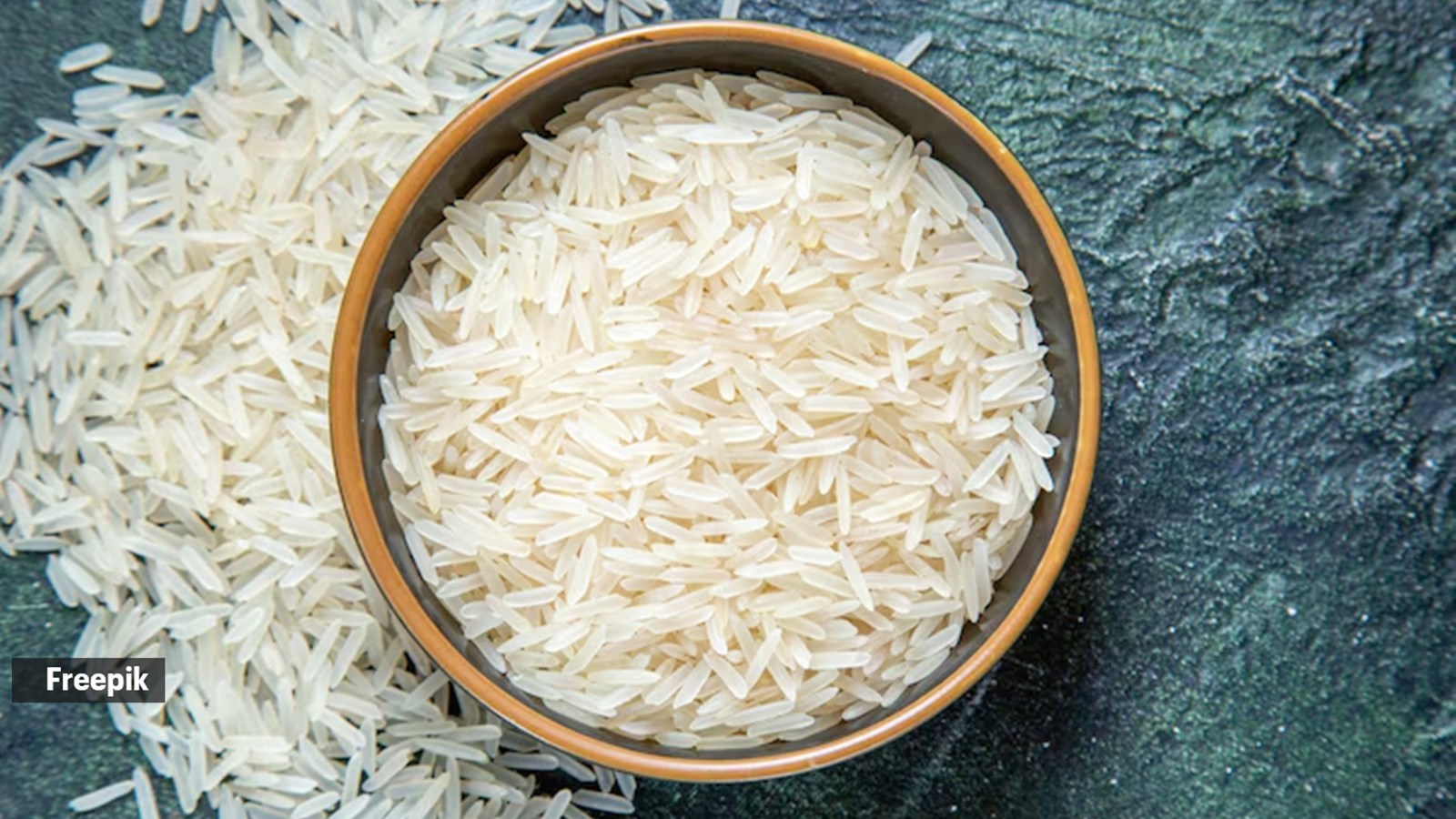Fitness
Can this simple trick make rice safe for diabetics? Expert elucidates

Diabetics worldwide have been warned about the pitfalls of including rice in their regular diet, for fear of insulin spikes. But what if we tell you there is a way ahead? Rice-lovers, we came across this hack that claims it can help counter diabetes, and we are stoked! Indianexpress.com spoke to a clinical expert to understand how it works and what can be the possible risks one can avoid.
“Adding ghee to rice can theoretically improve the glycemic index of the meal but increase glycemic load,” said Sweedal Trinidade, chief dietician, P. D. Hinduja Hospital & MRC.
According to her, ghee contains fatty acids that slow down the digestion of carbohydrates, reducing the sudden spike in blood sugar levels. The addition of ghee to rice may lower its glycemic index, making it a more gradual and sustained source of energy.
“Ghee is rich in fat-soluble vitamins (A, D, E, and K), which can enhance the absorption of nutrients from other foods consumed along with rice,” shared G Sushma, Clinical Dietician, CARE Hospitals, Banjara Hills, Hyderabad.
She added that ghee also contains butyrate, a short-chain fatty acid that is beneficial for gut health. “A healthy gut can improve overall metabolic health, which can indirectly benefit blood sugar management,” she said.


Who all should avoid this trick?
However, she said that this may not be suitable for everyone, particularly those with with uncontrolled sugars.
“Ghee is high in saturated fats, which may exacerbate conditions where people are susceptible to high cholesterol or heart health concerns, said Trinidade.
“Adding ghee to rice increases calorie intake, potentially hindering weight management and sending your calorie restrictions for a toss,” she added.
Sushma said that people with cardiovascular conditions should be careful as high intake of saturated fats can be detrimental to their health. People who have dairy allergies need to be careful as well since ghee, although clarified, is still a dairy product.
According to her, the ideal amount of ghee to add to rice varies, but a general guideline is adding 1 teaspoon of ghee per serving of rice (about 1/2 cup cooked)
Trinidade said that it is essential to note that ghee is not a replacement for a balanced diet and regular exercise.
“Consult a healthcare professional or registered dietitian for personalized advice on managing diabetes and incorporating ghee into your diet,” she said.
© IE Online Media Services Pvt Ltd
First uploaded on: 07-07-2024 at 10:27 IST










